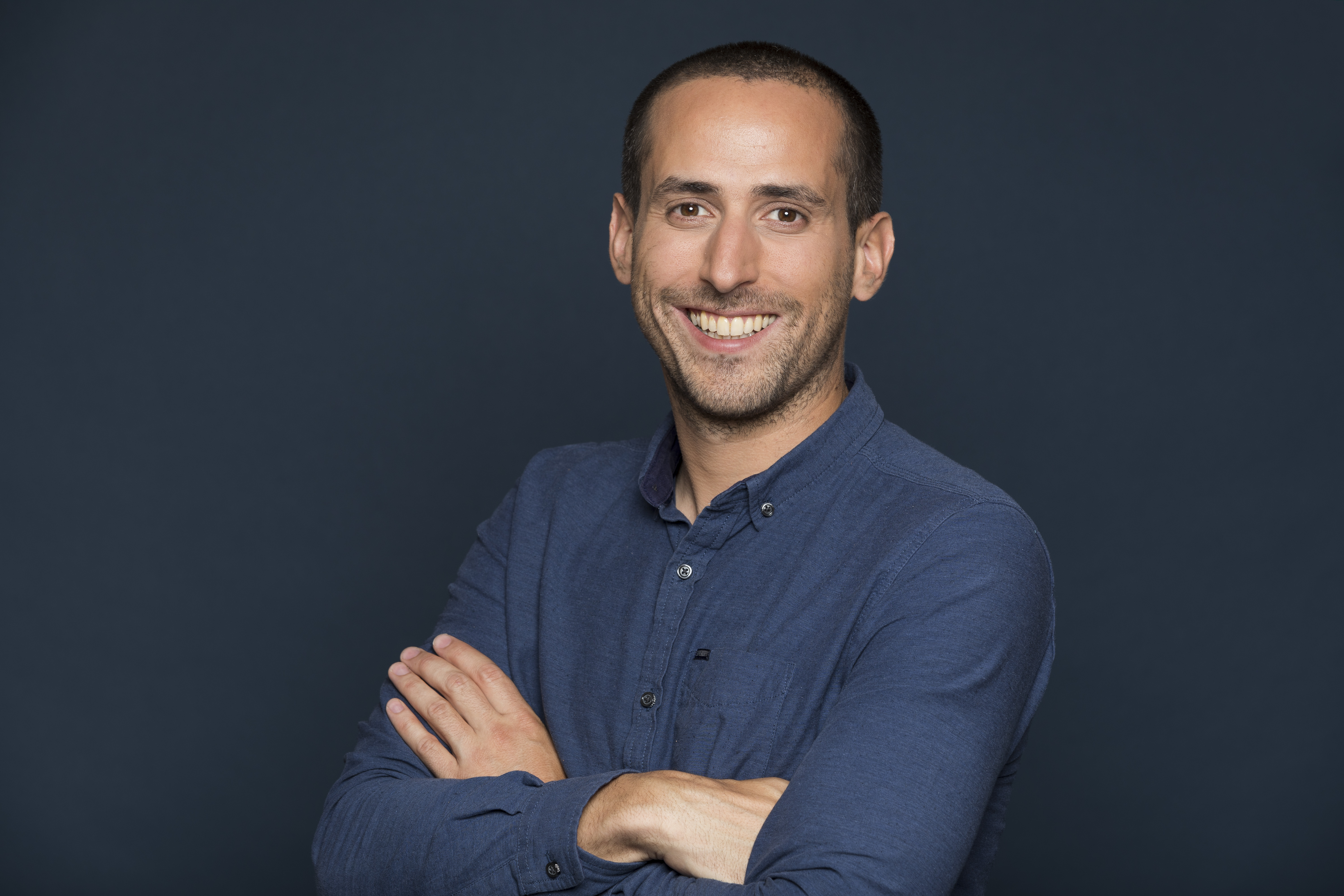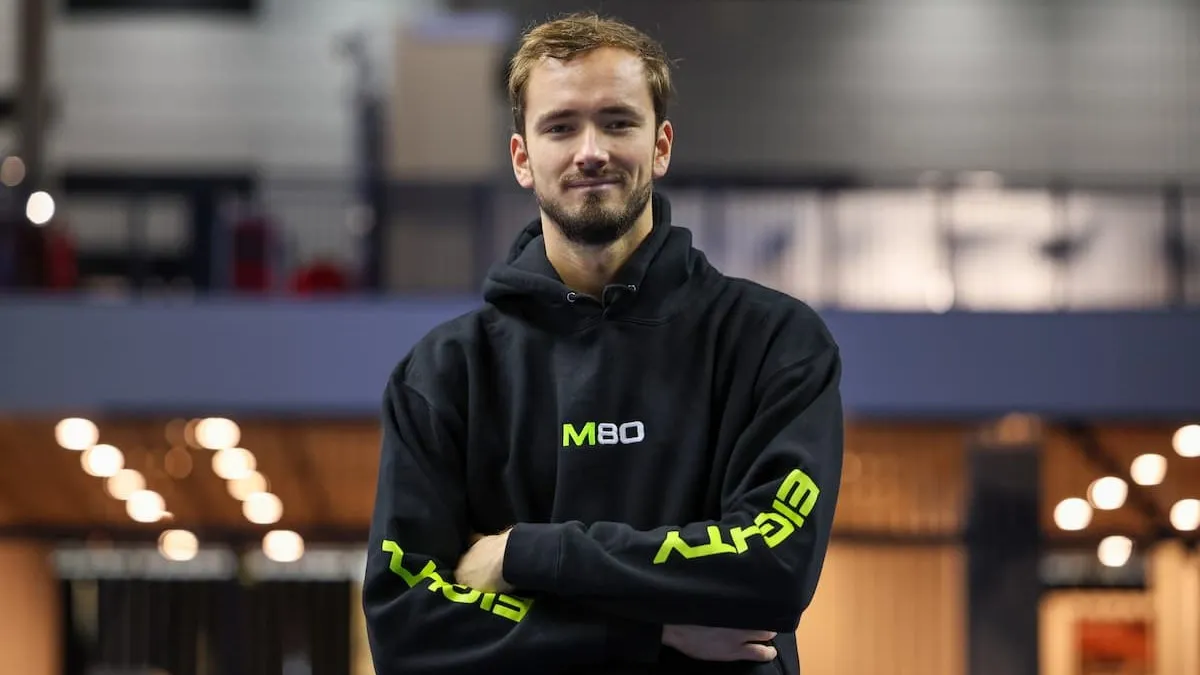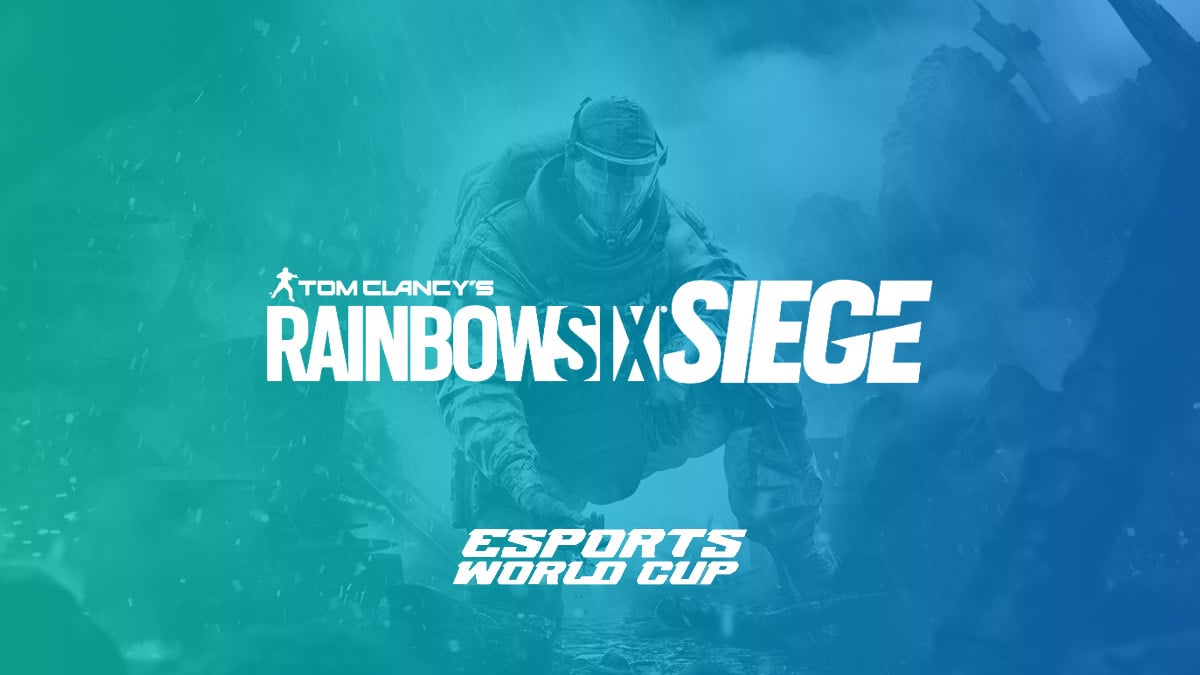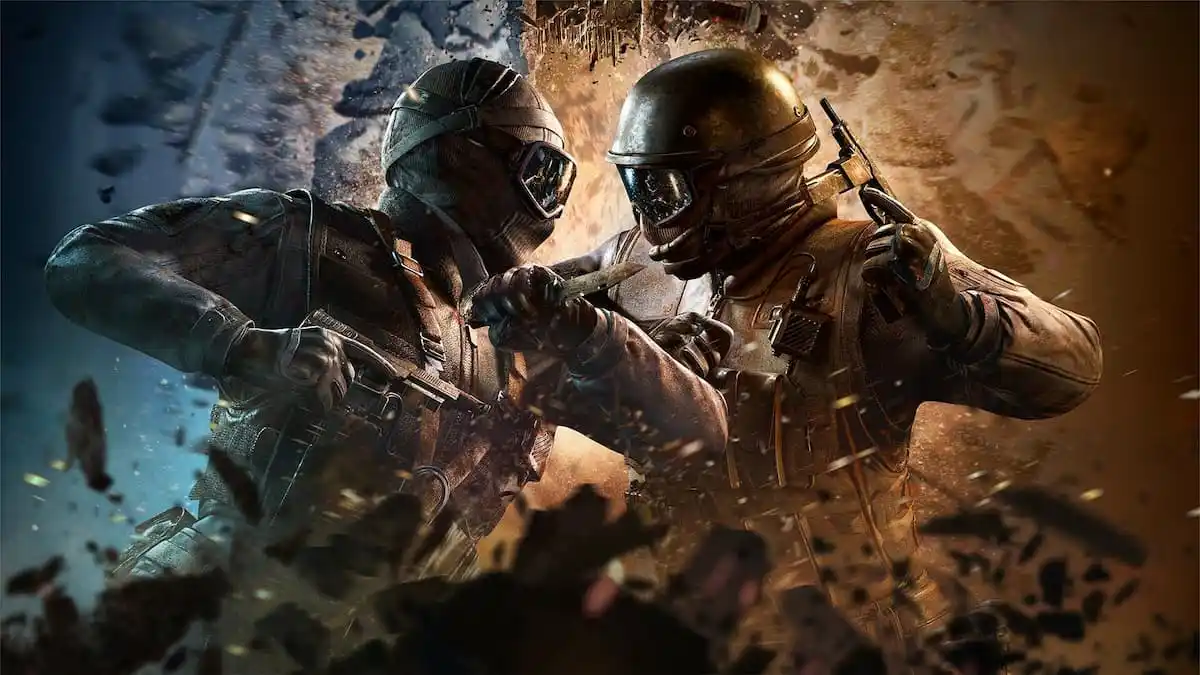As the Rainbow Six Siege Pro League continues to evolve and grow globally, it becomes increasingly more important to understand what goes on behind the scenes. The R6 Pro League is relatively new compared to other esports like League of Legends. Its growth has been both a labor of love within the community and an intricate series of steps designed by Ubisoft.
Since its inaugural season in 2016, the R6 Pro League has rapidly grown to support a worldwide network of professional players. The top-tier gameplay boasted by the Pro League is only one facet of the game’s rise to success. Many dedicated people go unseen while working to make R6 esports more accessible to players and fans alike. Thanks in part to the Pilot Program, the scene continues to grow a sense of stability for players, and has also seen quality of life changes in broadcasting that benefit the viewing experience for fans.
Europe Middle-East Asia (EMEA) esports director Francois-Xavier Deniele is one of the key players in helping to evolve the esport. With season 10 of the Rainbow Six Siege Pro League quickly approaching, Deniele talked with Dot Esports about his role in growing the scene and the future of R6 esports.
Can you explain your role for fans who may be unfamiliar with the work being done behind the scenes to grow R6 esports?
Deniele: As EMEA Esport Director, my role is to drive the esports department at Ubisoft EMEA (EMEA standing for Europe Middle-East Asia) to develop the International Esports Program for Ubisoft’s lineup and reinforce the local esports presence within Ubisoft EMEA’s 15 different subsidiaries and their national competitive scene.
With Phase Two of the Pilot Program launching in June, can you elaborate on the sense of stability that’s being built within the esport?
In 2018, we announced the Pilot Program, Rainbow Six Siege’s first revenue-sharing initiative with esports organizations. Our goal was to create a sustainable and professional esports program by collaborating with veteran organizations in order to lead the ecosystem closer to maturity. This collaboration helped Rainbow Six Siege grow as an esport and improved the quality of support that players received from their organizations.
For 2019 and Phase Two of the Pilot Program, we increased the scope of the partnerships between Ubisoft and its partnered esports organizations. We expanded on many levels from the first Pilot Program, reaching the highest standards of the esports landscape and a new milestone in the development of a sustainable esports environment for our teams, players, and talents.
Are there any plans to evolve the Pilot Program beyond the upcoming Phase Two?
For now, we’re focused on launching Phase Two of the Pilot Program and on making sure everything runs smoothly this year, but overall, as I was just saying, we aim at creating a sustainable esports environment. Our Program is flexible and will evolve alongside the growth of our esports scene.
In a recent interview, Fnatic coach Jayden “Dizzle” Saunders mentioned franchising as a possible way forward for R6 esports. Can you explain why the idea of franchising is or isn’t an appealing prospect for the esport?
Franchising is one of the models that currently exists in esports, however it is not the only one out there. We’re always curious to see how the market is going to evolve and how Rainbow Six Siege itself is going to evolve.
What’s your team’s current goal for EMEA (specifically regarding expansion and support)?
We have multiple goals for the foreseeable future of our Rainbow Six esport scenes in EMEA.
Obviously, reinforcing our strong European scene remains a key focus and we are working closely with our subsidiaries to support the local scenes with quality tournaments and/or leagues. To name a few—the recently announced French League, the Spain Nationals, the ESL UK Premiership or the PG Nationals 2019 in Italy.
Along with our increasingly strong European scene, our Asia-Pacific region is growing—we can’t wait to see the performances of the teams competing in the Six Masters 2019 at the Melbourne Esports Open—and we are continuing to develop our thriving Asian scene with South Korea, the home of esports, as a strong focus and of course, the development of the Chinese scene as well. We are also maintaining our efforts to professionalize our ecosystem and making it sustainable in favor of both emerging local teams (Nora Rengo, for example, did an incredible job at building a strong community from scratch) and the arrival of top tier organizations.
Lastly, what’s your overall vision for R6 esports in the future?
Overall, we wish to become an esports reference while staying true to our Ubisoft DNA. For us, this means staying close to our communities with tournaments and leagues adapted to all while continuing to innovate our professional scene and to expand to new markets, such as our efforts across Asia.






Published: Jun 7, 2019 10:00 am